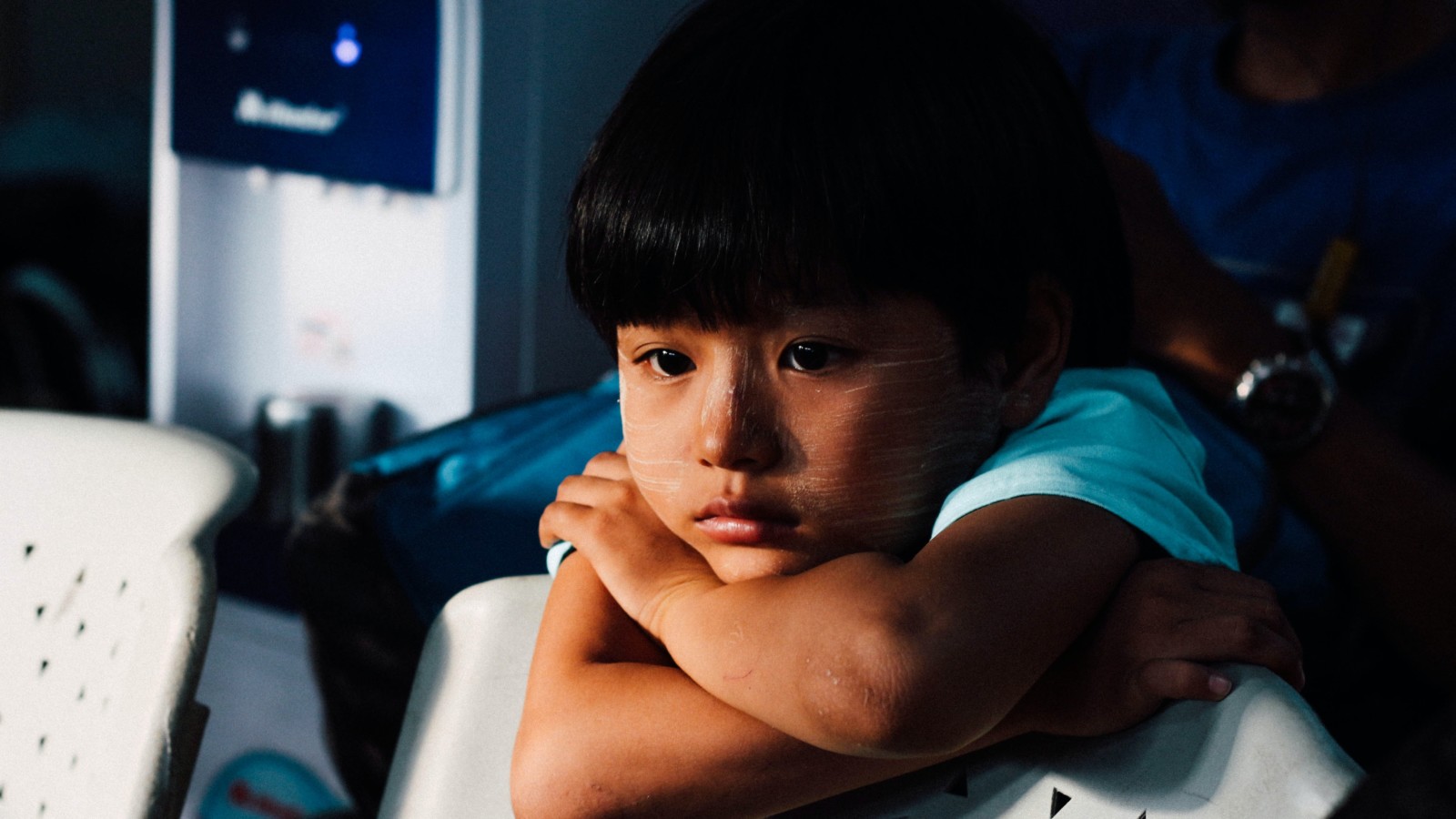Our parents, teachers and peers all have a huge impact on how the map of reality in our head gets put together, and the identity we develop based upon that.
It stands to reason that the more supported, loved and accepted a child feels, the more secure they will grow and the safer the world will seem to them to explore as adults.
Whereas trauma, abuse and lack of love will lead our brain to develop the belief that the world is not a safe place for us to express ourselves freely.
Here are some examples of how this plays out.
Punishing rule-breaking with shame
If rule-breaking was severely punished as a child – through shame and the withdrawal of love rather than appropriate boundaries and consequences – then a child is more likely to grow into an adult who struggles to stand up for themselves. This can result in remaining in abusive adult relationships and allowing themselves to be overlooked in work opportunities.
Witnessing destructive conflict
Children who experience high-conflict involving an imbalance of power and a lack of compromise and resolution can result in adults that experience a high degree of hopelessness, anxiety, aggression and anger. You can read more about how destructive conflict affects a developing child here.
(http://www.developmentalscience.com/…/what-happens-to-child…)
Sexual abuse increases eating disorders
Sadly, there is evidence to show a link between sexual abuse and the risk of developing an eating disorder into adulthood. One study discovered that women who have been sexually abused as children are 27% more likely to become obese as adults, with men that rises dramatically to 66%. There’s more information about this study in this article by Time magazine.
(http://content.time.com/…/he…/article/0,8599,1951240,00.html)
The lifetime effects of bullying
Bullying in childhood leads to poor adult relationships, depression, anxiety and poor professional achievement, this study into the lifetime effects of bullying reveals. There’s an article about that study here, if you want to know more. Sadly, the bullying doesn’t need to be particularly extreme for it to have a lasting and damaging effect on confidence. A further study found that female victims of bullying are more likely to develop agoraphobia and social phobias, while male victims are more likely to commit suicide.(https://www.telegraph.co.uk/…/Bullying-at-school-affects-he…)
(https://jamanetwork.com/…/jamapsychiat…/fullarticle/1654916…)
Childhood abuse stunts the brain
Childhood abuse stunts the development of the key areas of the brain controlling memory and the capacity to manage emotions. The neuroscience behind this is discussed in an academic paper by the PNAS here.
(http://www.pnas.org/content/109/9/E563)
Depression more prevalent in maltreated children
Being maltreated as a child makes you twice as likely to develop depression as an adult, says a large-scale study by Kings College London. The Guardian newspaper ran an article discussing the study here.
(https://www.theguardian.com/…/depression-childhood-abuse-ma…)
So we can see how the experiences we were subjected to as children affect the quality of life we have as adults. Many adults will move through life repeating maladaptive patterns of behaviour that don’t serve them, causing suffering and pain.
But it doesn’t have to be that way.
For those that find their way to one of the many therapy, counselling and support services that exist out there, there is potential to unlearn the learnings of childhood, and create a new map of the world where you can have a stronger, happier and healthier position within it.
If you have any questions about hypnosis, please get in contact with me, [email protected]
For more about Victoria, visit her hypnosis for business leaders website.


